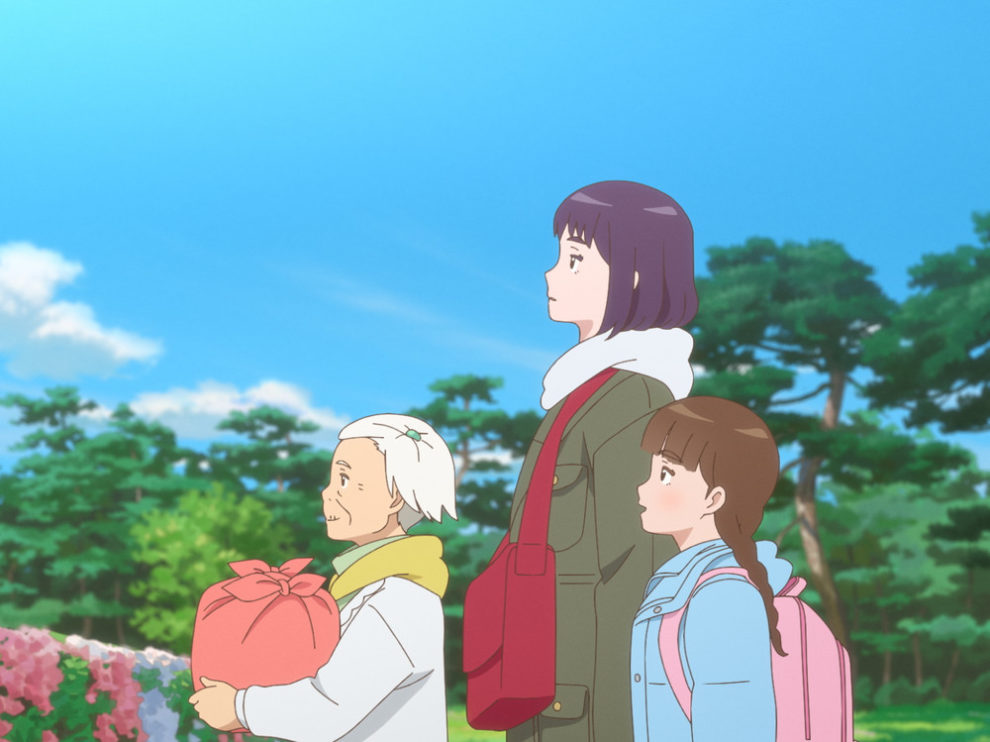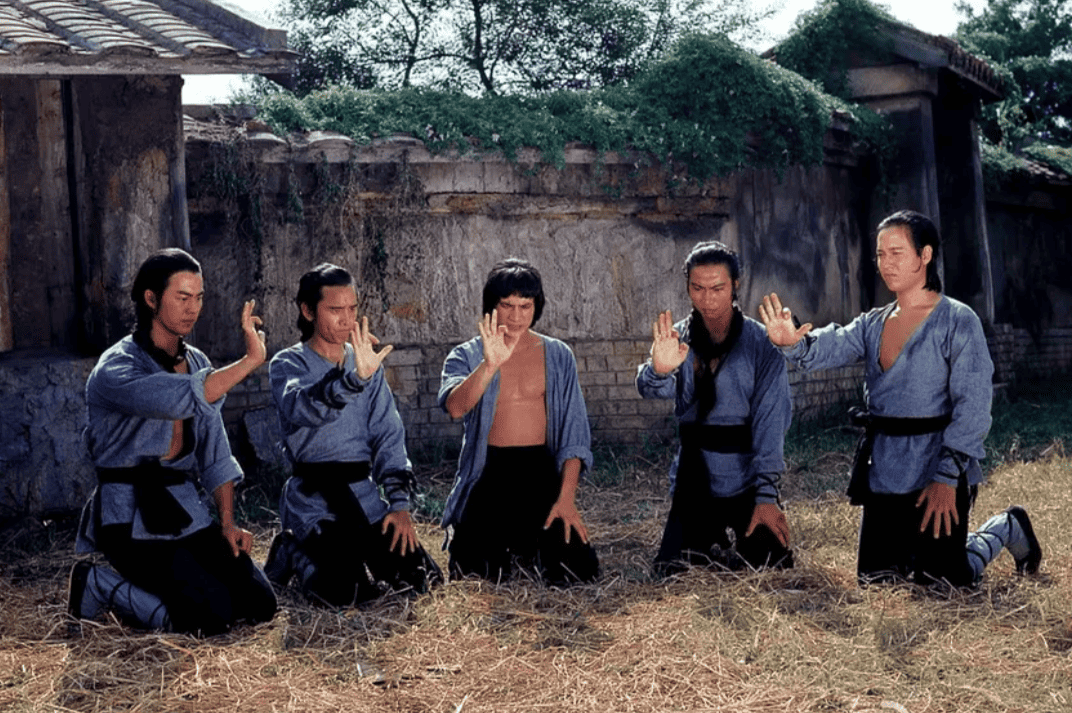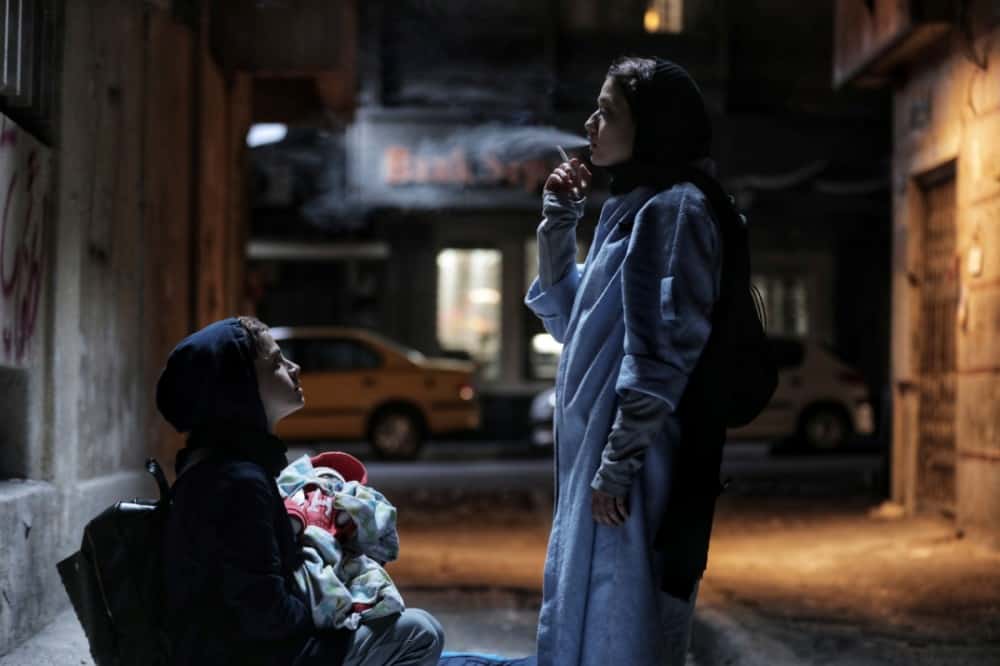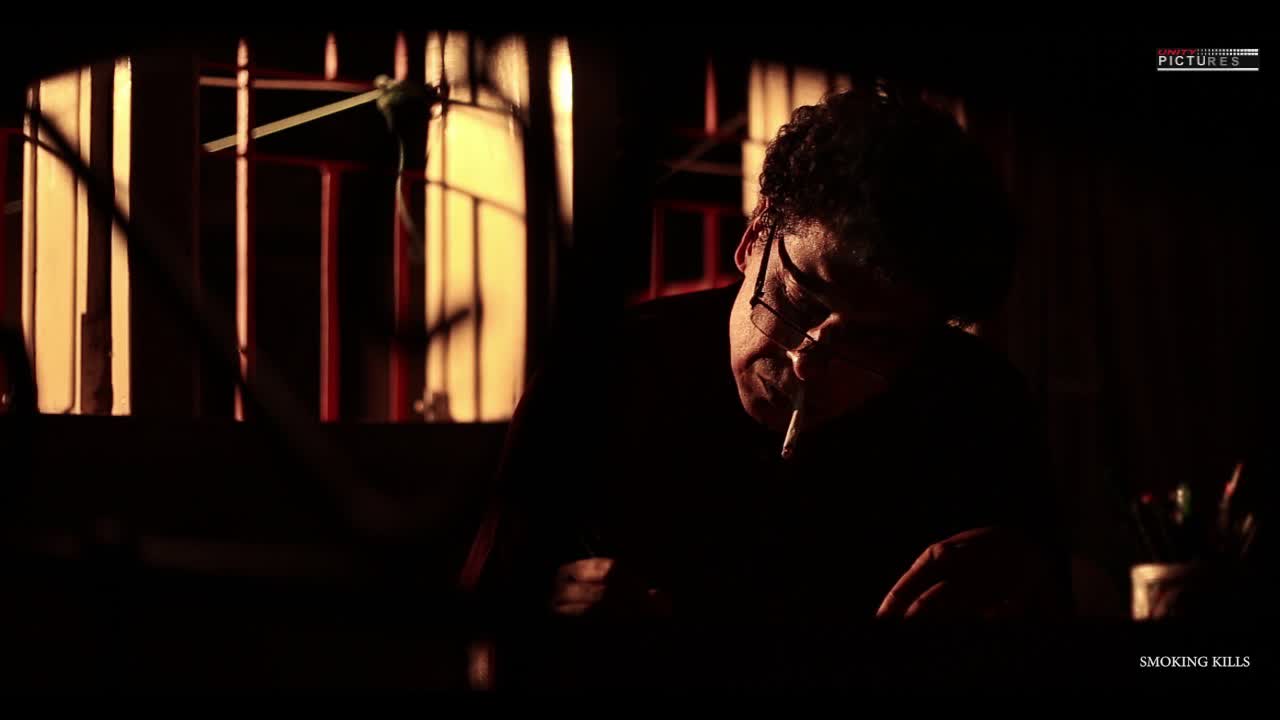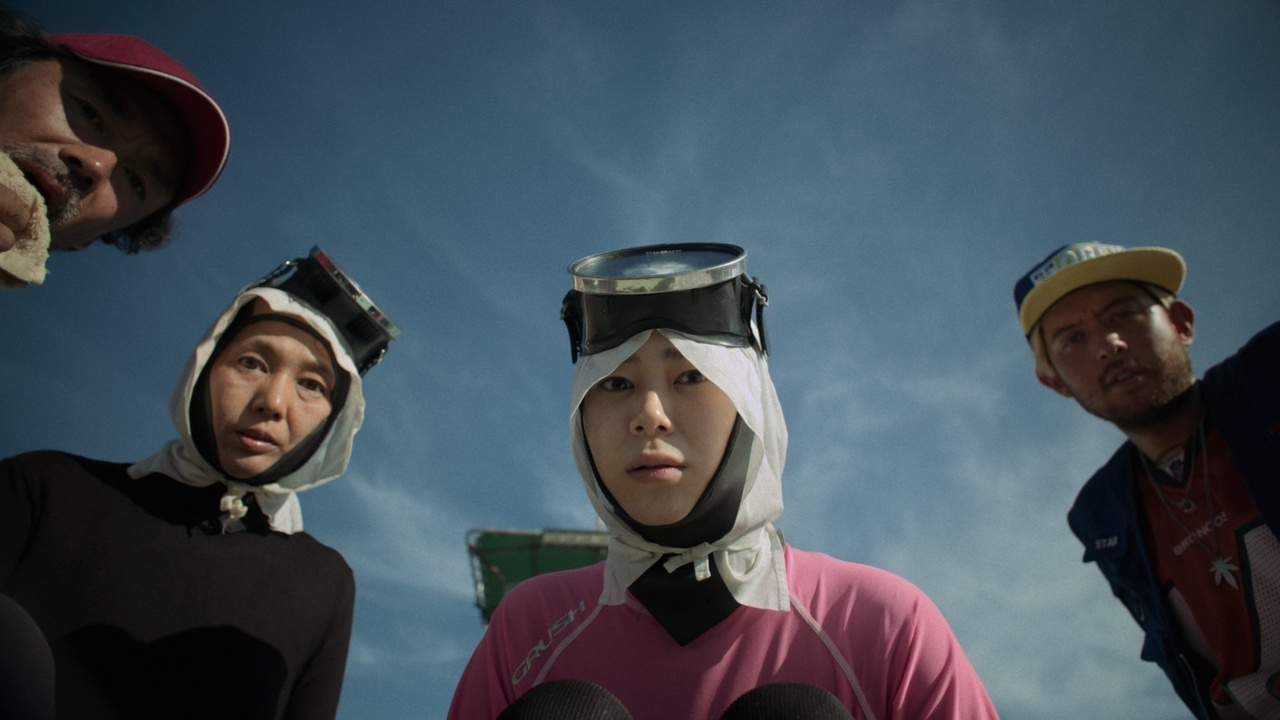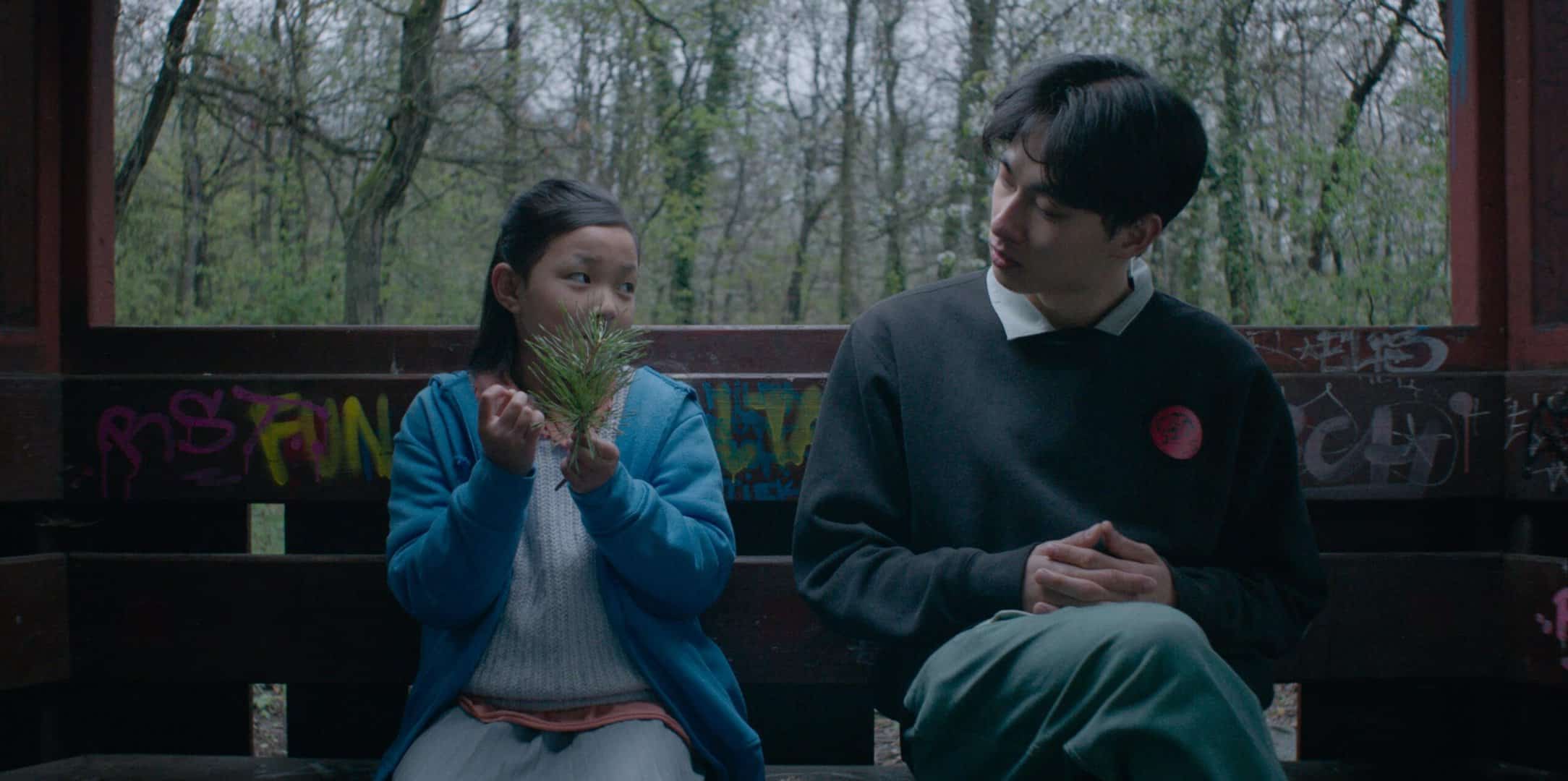The profound cultural impact of the 2011 Tohoku earthquake and tsunami cannot be overstated. There are countless examples of how Japanese cinema has been influenced by national disasters over the years, with Shinya Kawatsura's “The House of the Lost on the Cape” marking one of the latest films to fit into this category. Based on Sachiko Kashiwaba's award-winning novel of the same name, the film tells a sweet and reassuring tale centred around grief and family.
“The House of the Lost on the Cape” is screening as part of the Japan Foundation Touring Film Programme

After the Tohoku disaster levels the town of Kitsunezaki, the teenaged Yui (Mana Ashida) uses the subsequent commotion to run away from her troubled home life. Shortly after befriending the orphaned Hiyori (Sari Awano) at a relief centre, the two girls are taken in by Kiwa-san (Shinobu Otake), a mysterious yet kindly old woman who poses as their grandmother. Moving into an old house on a cape, the three come together with mystical allies to face down an ancient threat.
For a film centred around such a sorrowful event, The House of the Lost on the Cape is very sweet and endearing. The dynamic that is slowly built up between Yui and her adopted family is heart-warming to watch develop, especially as we learn more about her torrid past. The idea of an old stranger adopting two unrelated girls might be eyebrow-raising to some, but the film pokes fun at this with early nods to Hansel & Gretel and Yui's suspicion that Kiwa is a serial killer. In fact, the old woman is no less a misfit than the girls are, as you get the impression she's just as glad to have found a family of her own.
Using the backdrop of the Tohoku disaster, the film explores just how challenging it can be to let go of despair and move forward. Both Yui and Hiyori struggle with personal loss and strife while those living in Kitsunezaki collectively deal with the aftermath of the earthquake. This grief is infectious and manifests itself as a giant, serpent-like creature that threatens the town after being released by the earthquake. While this literal threat comes a little out of left field, it does emphasise the overwhelming feeling of sorrow that is born out of disaster. Combatting this threat, both physically and mentally, is the main challenge for Yui and is one that is only made possible to overcome through the support of her newfound family.
Fortunately, the ancient sea-serpent feeding off of hopelessness is far from the film's only supernatural element. In a sequence that brings to mind the opening of Hayao Miyazaki's “My Neighbour Totoro”, Yui and Hiyori explore their new countryside home, only to discover that they're living in a Mayoiga – a living home that provides for those in need who stumble across it. What's more, Kiwa has mysterious ties to a whole host of yokai, notably a merry band of kappas who tag along to help fight off the impending threat. The incorporation of these mythical Japanese creatures, along with the family resorting to a more customary countryside existence, suggests the need to rekindle with traditional roots to overcome the effects of a modern disaster.
The film marks only the third feature-length project to be produced by the animation team at David Production, but you'd never guess this based on the gorgeous visuals. The countryside surrounding the Mayoiga is lush and vibrant, with small environmental details bringing the make-shift family's home to life. The same level of attention is afforded to the devastated town of Kitsunezaki, with toppled homes and a crowded relief centre evoking imagery all too close to that of the actual Tohoku disaster. Most impressive is the blend of animation styles utilised, with Kiwa's stories of old being accompanied by a simple yet vivid art style that flows in a dreamlike manner.
With “The House of the Lost on the Cape”, Shinya Kawatsura chooses to focus on a brighter future instead of an uncertain present. The heart-warming tale of newfound family and tender call-backs to Japan's cultural roots make for a soothing film that's tinged with optimism.


